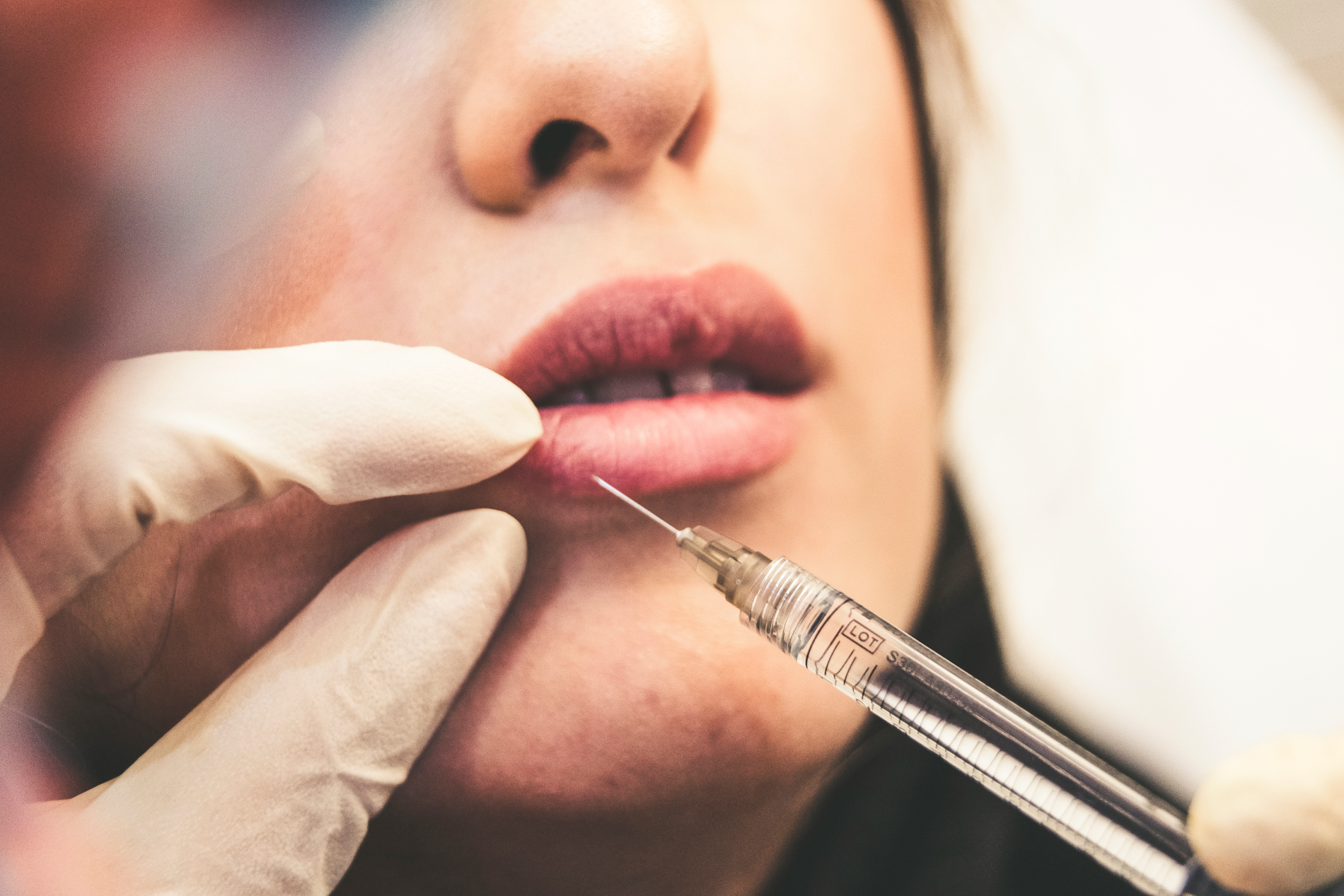An increasing number of public figures and celebrities are talking about their plastic surgery. This proves that the interest in the surgery is at a high level. In recent years, there has been an upsurge in both female and male interest in the willingness to undergo plastic surgery to improve their physical looks. Even though the perspective of the procedure might seem appealing, it’s only for some people. You must know some things before you decide to change your looks through cosmetic surgery.
1) Your Health
You must determine whether your health will hold up when considering cosmetic surgery. This will help you know what to expect after a breast augmentation. Individuals who are fit and have passed the preoperative testing like blood tests, electrocardiograms, and X-rays are good candidates for the procedure. If you mask any underlying health conditions, your cosmetic surgeon will not offer a comprehensive assessment. Additionally, you can’t justify your move in case things go wrong. If you lie to your surgeon about any health condition, mental or physical, they cannot be held responsible when something goes wrong.
2) Nature of Surgery
Knowing the type and scope of the cosmetic procedure you are considering is important before you decide to undergo the procedure. That does not mean you must know every detail; knowing if the process will work is enough detail. Therefore, conduct extensive research and determine if the treatment is effective and safe. For instance, a procedure like breast reconstruction might require special precautions before the process can be conducted safely. A good example is to avoid medication that can impact blood thinning.
3) Risks and Complications
While most individuals have good experience with cosmetic procedures, knowing of any health risks associated with the operation is important. Make sure you understand the possible complications and side effects involved. Discuss these extensively with your doctor, including infection, anesthesia risk, scaring, and revision of surgery.
Potential risks include scarring and infection, which might worsen with time. There is also a risk that you might not like the outcome, even if the doctor uses the safest and most effective technique and thinks the outcome is superb. This occurs when patients are not informed of the treatment’s limit before the procedure.
4) The Facility and Surgeon
It would help if you considered the facility and surgeon. A professional cosmetic surgeon must complete 50 hours of continuing medical training every year. Since they want to maintain their certifications, they must pass periodic performance tests and keep patients’ records meticulously. It is best to check if the doctor you’ve picked is board-certified in plastic surgery or the process you want. After verifying that your doctor is qualified, find out if the process is conducted in a well-equipped facility or a reputable establishment.
5) Financing and Cost
Unfortunately, cosmetic surgeries are expensive, so it’s an investment you must determine if you can afford before you decide to go through with it. Find out if you can afford the procedure without compromising other things you want to spend on.
It’s good to consider this if you are paying for the procedure out of your pocket. Remember that you must pay even if the result isn’t what you wanted or the complications arise. Consider total costs such as facility fees, anesthesia, and post-operative care. Research various financing alternatives and ensure you understand the financial obligation involved.
6) Recovery Duration and Downtime
Do not expect a magazine cover-worthy look instantly after the procedure. After the surgery, rest is essential for the recovery and the alteration to settle in. Nevertheless, fully recovering from the surgery could take days or even weeks. The surgeon may advise you to stop doing some things even after the swelling and discomfort have faded; if you are working, you need to arrange some time off to concentrate on the recovery from the surgery and your family duties. For instance, the recovery of breast augmentation surgery is up to six weeks, depending on some factors. Consider when you will be away from work and daily duties. Make sure you understand the limitations during the recovery duration and plan properly,
7) Revision Surgery
After the surgery, you might occasionally need extra procedures. It is a frequent practice for cosmetic procedures to conduct revision surgery. The procedure requires extra operation to improve the results of the initial operation. Most procedures are minor and might need a local anesthesia, and others are complex and expensive.
Endnote
It’s important to have a robust support system in place, including family and friends. They will offer emotional support when making a decision and throughout the recovery. Before making your final decision, conduct thorough research, ask questions, and consult several surgeons. This helps you to ensure you are comfortable and well-informed about your choice.



















